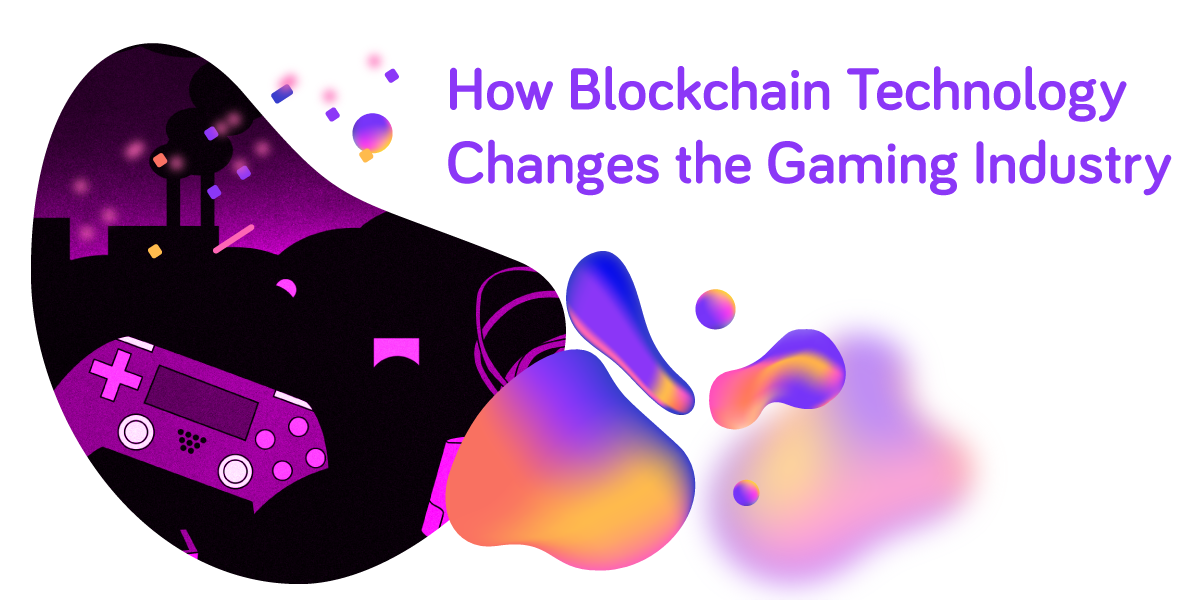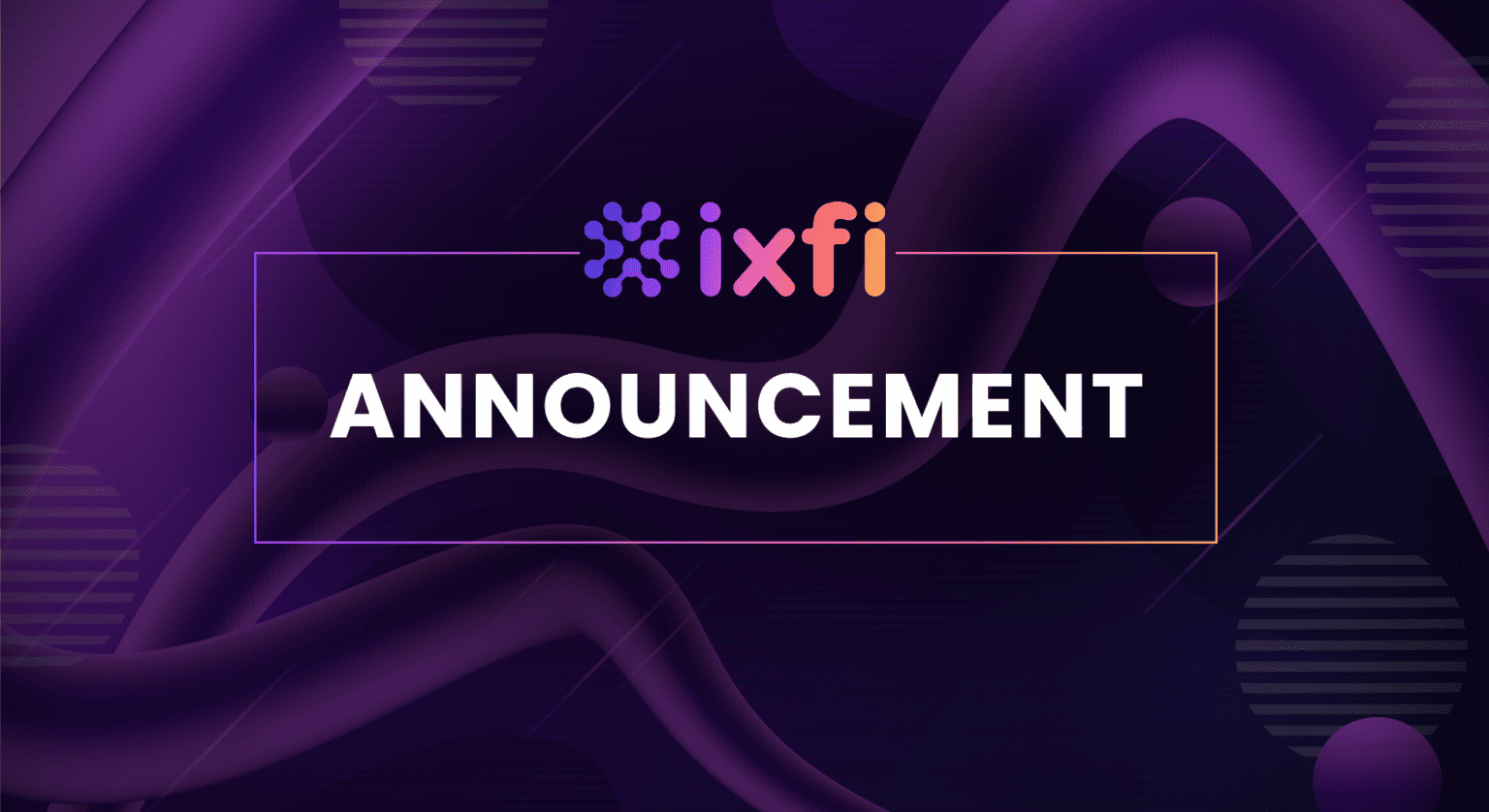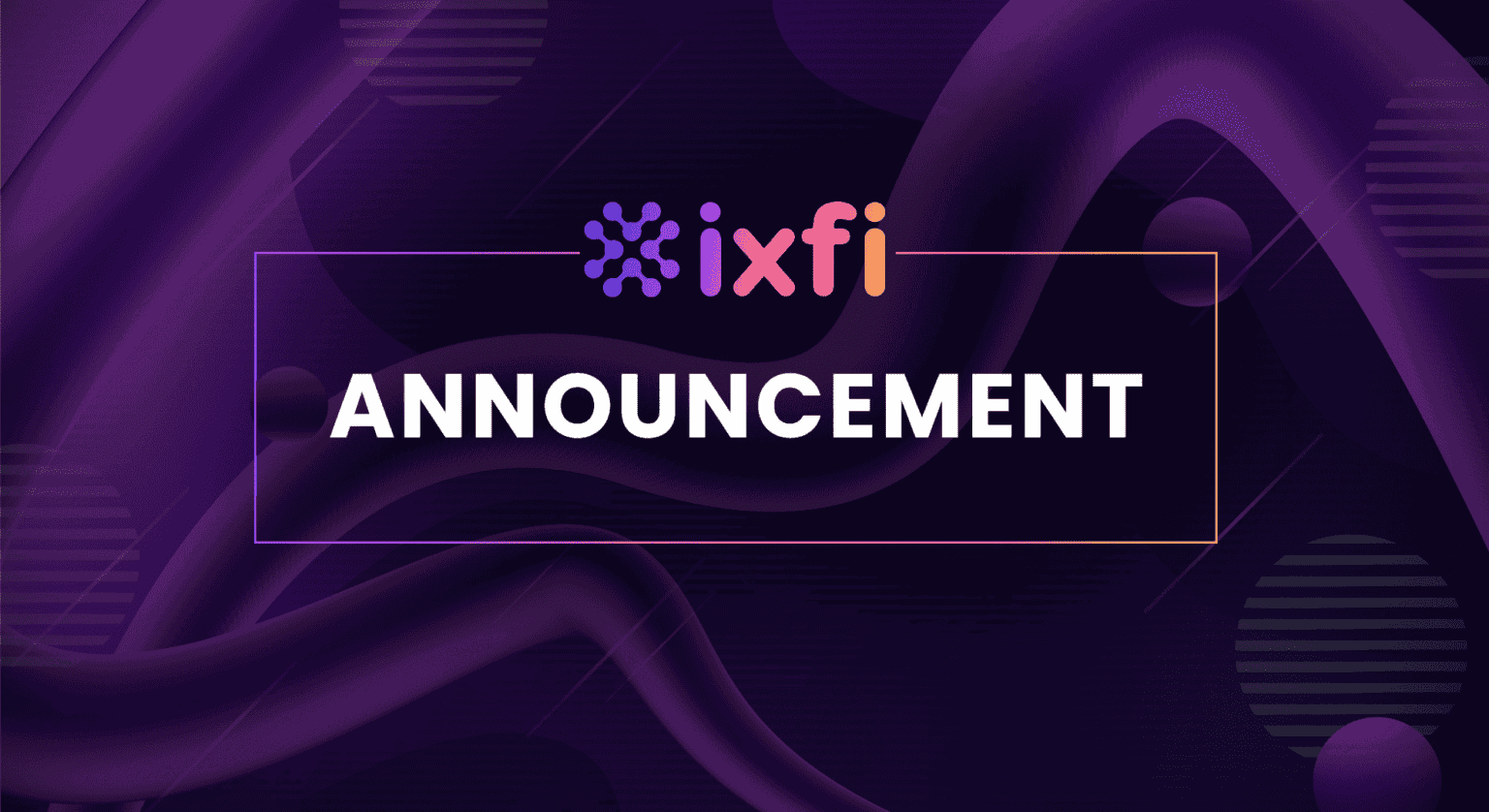The video-game industry currently is sharing the biggest portion of the digital pie, being an ever-growing machine for decades, with the largest digital user base.
According to statistics, about 2.7 billion people play games on a daily basis, of which a third, or 0.93 billion, buy games, and this figure is projected to be about 1.50 billion by 2024. This overview and results take advantage of established and emerging trends in gaming and blockchain today.
How Does the Gaming Industry Work?
The user is usually the middleman between the game itself and the publisher or the distributing platform. The purpose of a developer would be focused on the needs of the user, namely, the player.
When the strategies behind the released games are evaluated, it can be noticed that in the 1980s, arcade games were first released. In the following decade, multiple games series were given weight and in the 2000s, a large number of different games mainly focused on multiplayer experience have been released.
With these games creating a new type of “false” economy within their worlds, the gaming industry focused on player communities and the games that these groups enjoy. In this new period, publishers are refraining from releasing new games other than game series. In this way, it minimizes the risk that the high investment made will not be reciprocated if the new games are followed by low sales performance.
This created a killer loop that would put publishers into a dilemma between sales-popularity rate and actual profit. The developers were also stuck between low-quality work and a bright future, and they started to look for ways to break through this loop that would help economically, so they did.
Blockchain and Video Games
The history of blockchain in games actually began with a video game, launched as early as 2014, right around the crypto booming era. The purpose of the player would be to collect coins in-game and store them in their crypto wallet as real assets.
The problem was, the more users opted in, the more the blockchain grew, causing disruptions in processing. As a result, any actions that are currently performed in the game are subjected to long delays: it could take up to five weeks for a player’s move to be processed.
It is also difficult to download the necessary software and log in. In late 2018, companies from varying business areas created an open forum called ‘Blockchain Gaming Alliance’ to have a lead advantage and development in the potential field of blockchain games. The purpose was to define grassroots standards for such game types and create an ecosystem that would not bottleneck anything.
The Crypto-Gaming Economy
More recent crypto featuring games have been built on existing platforms such as Bitcoin, Ethereum, Graphene, EOS and TRON, integrating blockchain technology into the gaming process. Blockchain is best suited for games that can implement real monetary value — like MMOs or mobile games with micro-transactions — which therefore can be expressed in cryptocurrencies.
By issuing blockchain tokens, gaming companies could add new features to in-game currencies and allow players to trade on digital exchanges. Since cryptocurrencies can be exchanged both inside and outside the exchanges, it became possible to launch crowd-funding campaigns using game currencies. The necessary connection between the internal economy of a game and the economy of the real world is provided by exchanges and P2P (Peer-to-Peer) transactions.
This technology also expanded the possibilities of gaming because every block on a blockchain is unique. Using blockchain in game development also helps create more unique objects and artifacts and makes the player’s experience more individual. As an example, using the blockchain and photos of a player uploaded to the system, a unique character can be created that looks like the player, cannot be recreated or tampered with by others, and can be carried from one game to another.
Over the past few years, games have begun to use features such as wallets and tokens to secure ownership of game artifacts. In this way, payers can ensure their digital ownerships and identities are solid secure and also in their own hands, therefore the economy is shaped by them. With these ownerships starting to gain real value in time, players can leave the gaming environment and still have a tangible asset in return for their efforts, even a profit if strategized well. This will cause more attraction and collaboration instead of opposition by means of the developers and publishers, as well as players.
Conclusion
Lately, a new subgenre of mainly exploration games that are based on NFT tech emerged. Basically, a player would move around the 3D world and make interactions with NFT works in-game, and can initiate real transactions on the spot.
Such things as NFT Staking made this possible. Also, at the same time, some real-world museums of NFT works have started to pop up around the globe for people to explore and interact with. These developments mean the distance between gaming and real-world economics got significantly smaller and it’s just a matter of time until it closes, with newer developments in terms of immersion and interactivity.
Unlike the existing centralized gaming platforms, with their serious limitations, blockchain ensures the transformation of game distribution and, in a sense, gives back control to the players, while still being core for the developers: the most successful players will be able to profit from their investments.
The nature of blockchain helps reduce costs in gaming even more and builds a balance between cyber and real economies. Furthermore, it helps the skeptically approached distributed ledger infrastructure become more understandable, and crypto technology itself to be explored and embraced by the masses in the near future.
Are you a passionate gamer or just an enthusiastic trader? Either way, you’re likely excited about the possibilities blockchain technology offers. For a reliable, secure and more seamless experience, join IXFI and start your journey with Your Friendly Crypto Exchange.
Disclaimer: The content of this article is not investment advice and does not constitute an offer or solicitation to offer or recommendation of any investment product. It is for general purposes only and does not take into account your individual needs, investment objectives and specific financial and fiscal circumstances.
Although the material contained in this article was prepared based on information from public and private sources that IXFI believes to be reliable, no representation, warranty or undertaking, stated or implied, is given as to the accuracy of the information contained herein, and IXFI expressly disclaims any liability for the accuracy and completeness of the information contained in this article.
Investment involves risk; any ideas or strategies discussed herein should therefore not be undertaken by any individual without prior consultation with a financial professional for the purpose of assessing whether the ideas or strategies that are discussed are suitable to you based on your own personal financial and fiscal objectives, needs and risk tolerance. IXFI expressly disclaims any liability or loss incurred by any person who acts on the information, ideas or strategies discussed herein.



